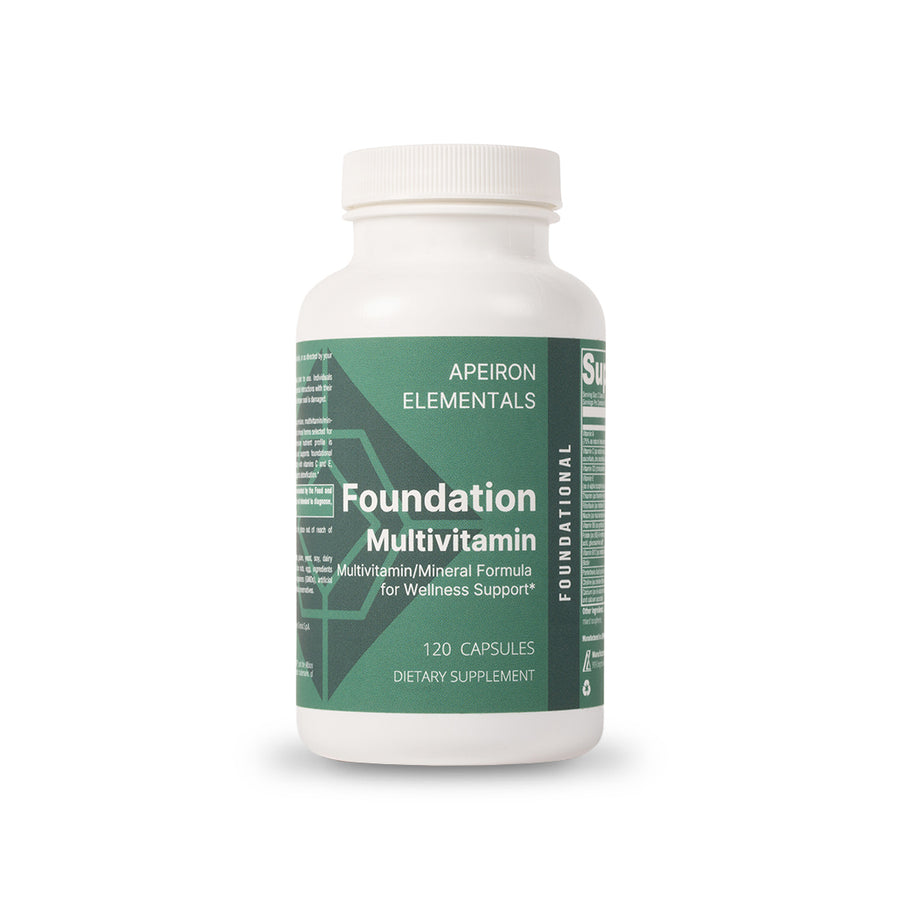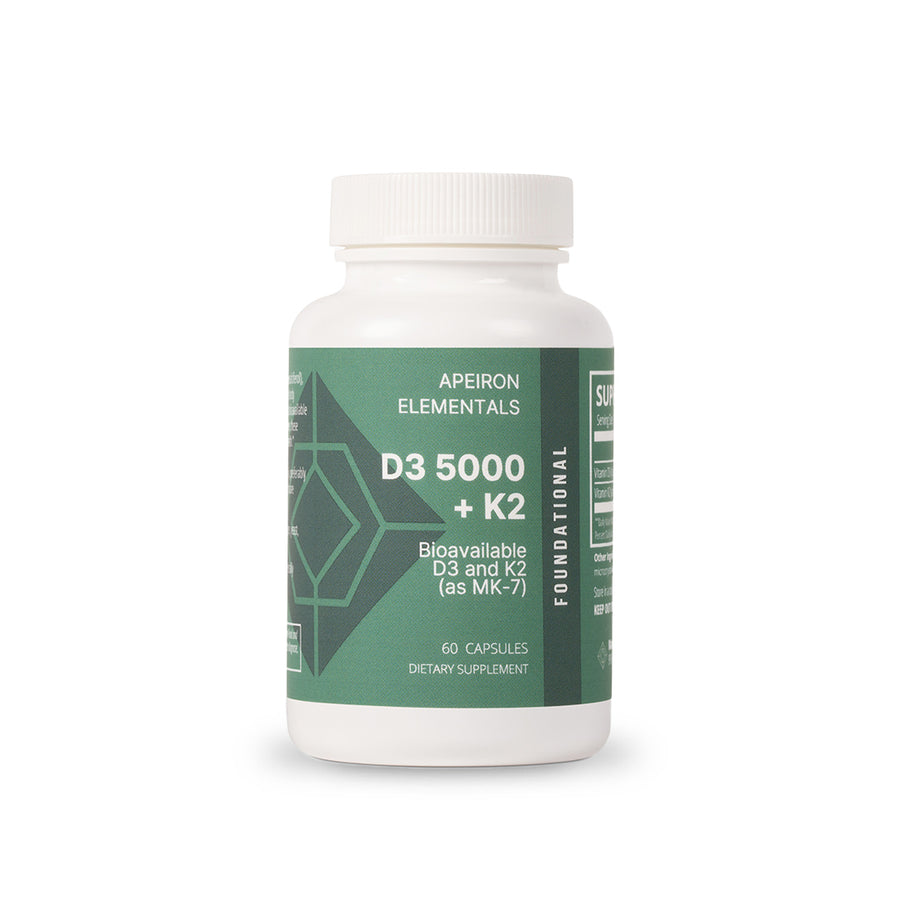
Senolytic Formula
6 Servings/3 months
30 Servings
Supports youthful cellular function.*
- Supports systemic cell repair and rejuvenation*
- Balances inflammatory processes*
- Selectively targets senescent cells*
- Based in the USA 🇺🇸
- Physician backed & formulated.
- Manufactured in cGMP certified facilities.
- Third party lab tested peptides.
Developed by Doctors. Trusted by experts.
Longevity leaders Dr. Dan Stickler and Dr. Mickra Hamilton aren’t just optimizing health.
Elementals Best Sellers
Frequently asked questions
See all FAQsBefore using this product it is recommended to consult your healthcare professional. If you are taking any medications and/or have pre-existing medical conditions, it’s important to discuss potential interactions with your healthcare provider. Do not use if tamper seal is damaged.
Our products are manufactured in Nevada in a state-of-the-art, FDA-registered facility that meets or exceeds current Good Manufacturing Practices (cGMP). Quality control testing is carried out at each stage of the manufacturing process, starting with rigorous raw material assessments and continuing through to finished product testing.
Take without food
Yes, it is also formulated without dairy, gluten or soy.
Foundational Multivitamin, D3 + K2, and EPA/DHA provide essential nutrients that support overall wellness and cellular repair. NAC + Glycine and Rejuvenate UA can offer comprehensive cell rejuvenation, mitochondrial support and inflammation balancing - forming an advanced healthy aging stack.
Expect to notice benefits starting within 2 weeks, with more significant improvements after 1 to 3 months of regular cyclical use.


































